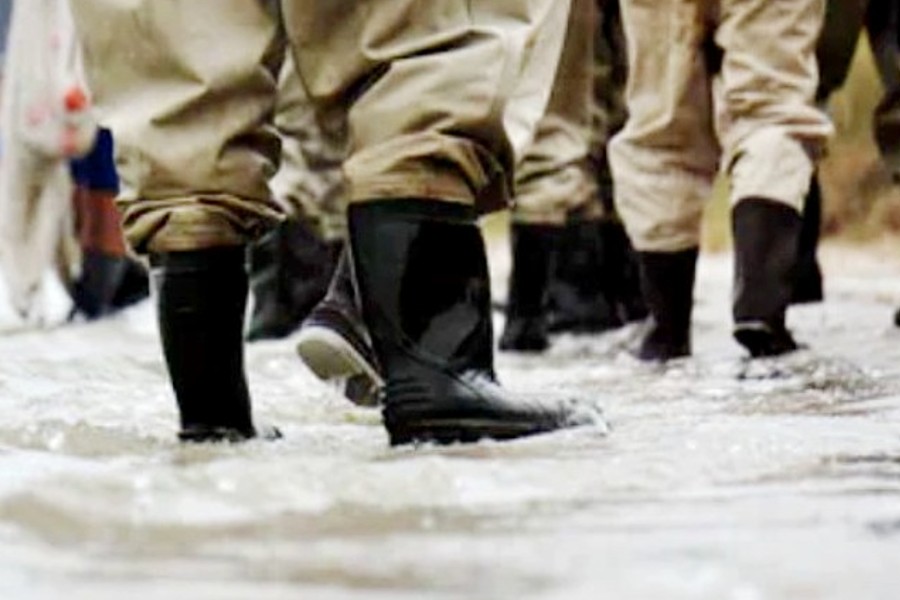Teaching your kids about science can be a rewarding and fun experience for the whole family.
It’s an opportunity to explore our world together, make discoveries, and learn more about the natural laws that govern it. Science is not only interesting but also important in helping us understand how our environment works. By introducing your children to science from an early age, you’re giving them the tools they need to become informed citizens of the world – and this starts with learning about the physical principles that shape our lives. With some creativity and curiosity on your part, you can help your kids gain knowledge that will benefit them throughout their life. Here are some fun ways to teach your kids about the science of our world!
Science-Based Experiments and Activities
There are many ways to get your kids actively involved in learning about the physical laws of nature. For example, you can conduct simple experiments or activities that demonstrate a scientific principle such as gravity, magnetism, or electricity. These can be as simple as using marbles and magnets to learn more about the forces of attraction and repulsion, or even creating a homemade water cycle model. On the other hand, if your child is into the planets, solar system, and such, like most children, you might also want to consider options like video lessons about the phases of the moon for kids, or even teaching them fun planet facts. Finally, another great way to help kids understand the science of our world is through hands-on activities like making a volcano or a simple solar system model.
Outdoor Nature Walks and Scavenger Hunts
Going outside with your kids is a great way to teach them about the science of our environment. Take them for nature walks in your local park and observe the plants, animals, and environments around you. If you want to make it fun for everyone, consider making it into a scavenger hunt game to identify and collect items from nature. You can also take this opportunity to explain how things work in nature, like the lifecycle of plants, or how animals interact with their environment. Furthermore, you can also turn your nature walks into a lesson on the seasons and weather, or talk about why certain animals only come out at certain times of the year.
Start Some Gardening Projects
Gardening is a great way to teach kids about the science of our world. Starting a vegetable or herb garden with your child can help them understand how plants grow, what soil and fertilizer are used for, and the importance of watering schedules. Additionally, you can also start some composting with your kids and explain why it’s important to recycle food waste and how it helps the environment. Finally, you can also teach them about photosynthesis and explain why plants need sunlight to survive. Gardening is a great way to provide your kids with hands-on insight into the science of our world!
Visiting Museums, Zoos, or Aquariums
Visiting museums, zoos, or aquariums is another great way to teach your kids about the science of our world. These places offer educational experiences and interactive exhibits that can help your kids learn more about different animals, plants, and environments from around the world. Additionally, some facilities may also have demonstrations and workshops that you can attend with your children to further their understanding of the science of our world. In most cases, you can find free educational resources from these places online as well.
Watching Educational Movies or Documentaries Together
Movies and documentaries are great ways to teach your kids about science in an entertaining manner. There are many films and series out there that focus on animals, the environment, the solar system, and much more. Even if you don’t have access to educational movies or series, regular films can still help your kids understand certain principles of the science of our world, like why the sun shines and how plants produce oxygen. By watching these films together, you can easily explain to your kids what is happening in each scene in terms that they will understand. And if your kids are old enough, you can even watch documentaries together and discuss their lessons afterward.
Creating a Home Science Lab with Affordable Tools/Equipment
You don’t have to spend a fortune on expensive science equipment for your kids to learn about the science of our world. Instead, you can create a home science lab with affordable tools and materials that you can find around your house or at the local store. For example, you could get some test tubes and basic chemicals like baking soda and vinegar to create simple experiments. Finally, you can build a terrarium with items from nature to teach your kids about the importance of different ecosystems.
Teaching your kids about the science of our world doesn’t have to be boring and expensive. With a little imagination, you can make it fun and engaging for them. Nature walks, gardening projects, museum visits, watching educational movies together, and creating a home science lab with affordable tools are all great ways to introduce your kids to the wonders of science.
Become a Harlem Insider!
By submitting this form, you are consenting to receive marketing emails from: . You can revoke your consent to receive emails at any time by using the SafeUnsubscribe® link, found at the bottom of every email. Emails are serviced by Constant Contact








